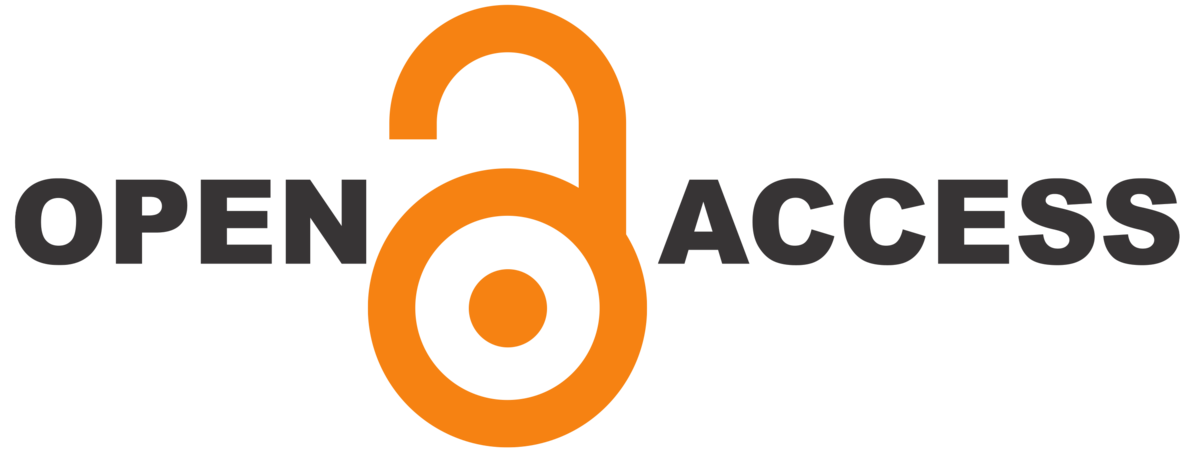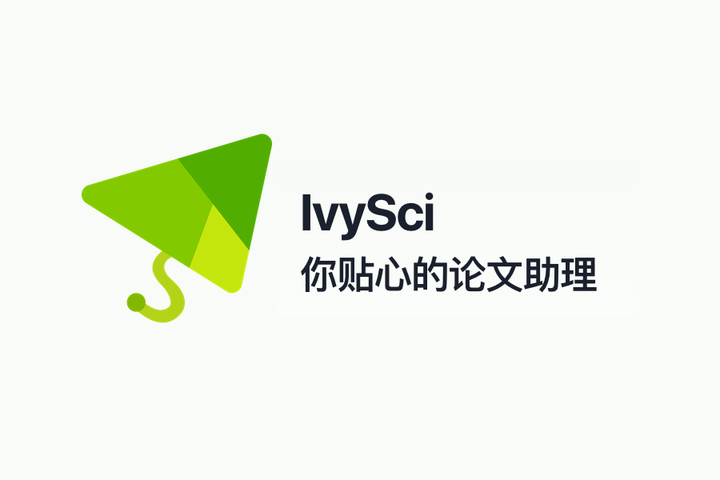The Implementation of Value for Money Quantitative Analysis on Infrastructure Projects in Indonesia
Case Study of Trans Sumatera Toll Road Project –Section of Palembang Indralaya
DOI:
https://doi.org/10.35166/jipm.1.1.43-55Keywords:
Value for Money Analysis, PPP, BUMN Assignment, APBN/APBD, risk, modality scheme, Trans Sumatera Toll Road, Palembang-IndralayaAbstract
Prior to the decision of the Government to opt for PPP (Public Private Partnership) for the procurement scheme of a public infrastructure project, it is necessary to conduct the Value for Money (VfM) analysis. VfM is defined by Moralos and Amekudzi (2008) as the optimum combination of all costs during the life cycle and the quality with the objective to meet the demand of users. According to Pangeran (2010), VfM has only been used in a few cases where the conventional methods, which does not taken into account the risks of the project and only focus on the financial side, is more prevalent. Such test using conventional methods may risk on the non-optimal impact on the benefits from a public procurement projects. In the context of procurement schemes for infrastructure projects in Indonesia, the Government has decided use the BUMN (State-Owned Enterprise) assignment scheme to undertake the Trans Sumatera toll road project as mandated in the Perpres (Presidential Decree) no.100/2014. This paper will review the VfM test for Palembang Indralaya Toll Road (which is a section of the grand Trans Sumatra toll road) where the optimal VfM at 46% is generated at the BUMN assignment scheme higher than the PPP or APBN (State Budget) option.
Downloads
Published
Issue
Section
License
Copyright (c) 2018 Journal of Infrastructure Policy and Management (JIPM)

This work is licensed under a Creative Commons Attribution-ShareAlike 4.0 International License.















